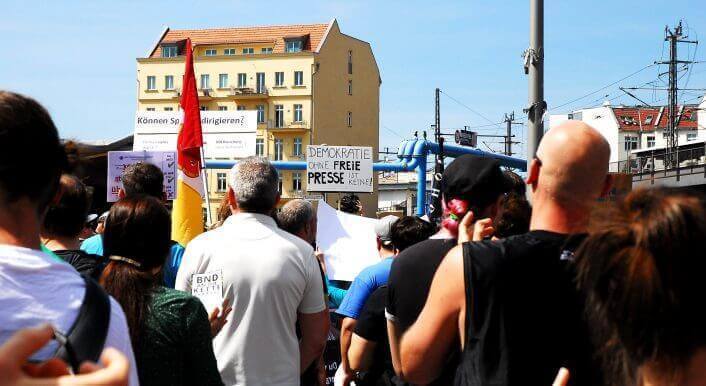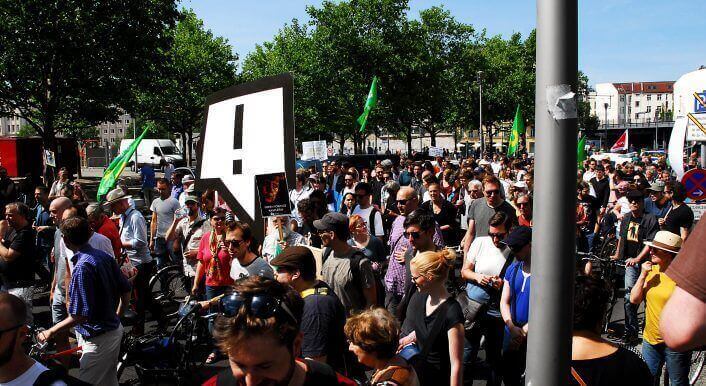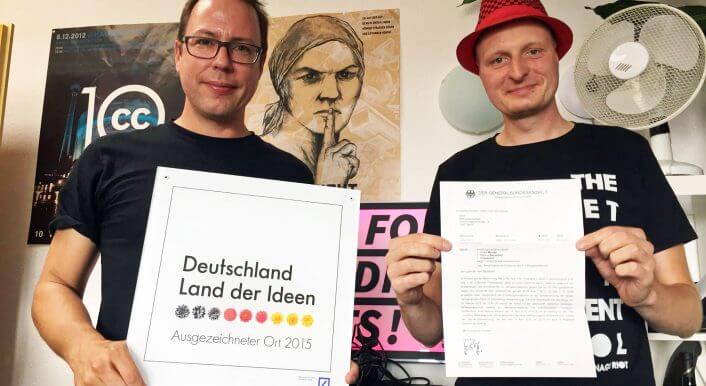UN Climate Change Conference: The Factions
The 195 member states participating in the Paris Climate Change Conference can be divided into four major factions: the influential states, the obstructors, the successful and the weak states. What special interests do they have?

In Paris, representatives of the 195 states have gathered to agree on the steps needed to restrict global warming to about two degrees Celsius by the end of the century, and so reduce the risk of drought and floods. But the 21st Climate Conference is also a venue for testing the strength of nations. Each member state has just one vote, but the members have very different abilities to push their interests. Some states bring many staff which resides in a major hotel as a display of its power and wealth. And economically strong nations such as the G-20 members, have disproportional influence in the drafting of the final protocol.
Independent of their respective power, member states act similarly on one point: They lobby on behalf of their key industries. This is because the Paris conference is not just a meeting of climate advocates, but it is a meeting of representatives of national business interests. Everyone wants to prevent global warming without choking their own prosperity.
The action plans, known as INDCs, put forward to date, read like homages to the key industries of the proposing state. Member states with similar industries share similar interests, and these common interests fuse the states into a faction. Member states with important coal or gas industries will join forces in their own climate-protection faction, while agricultural nations will form a separate faction.
The Obstructors
The greater a state’s dependency on oil and gas production, the more likely the state will seek to object extensive climate-protection measures. The proof can be seen in the weak climate-protection proposals put forward by Russia, Australia and Qatar. They have neglected to introduce environmentally friendly measures as they modernize their economies. If they were to press for more strict climate-protection, they fear they could destroy the source of their wealth.
The Weak
Particularly the largely agricultural weak member states, including many African nations, don’t worry about a strict reduction of hydrocarbons. Their economies are affected by drought and drying riverbeds. Due to their weak consumption of hydrocarbons, they are generally open to a reduction in their use of hydrocarbons. But because they don’t have powerful industries, they lack the power to push for their own interests.
The Influential
Europe also acts on behalf of its industries. Because states like France and Germany don’t owe their prosperity to a handful of industries that consume huge amounts of hydrocarbons, they should be able to reduce their pollution by up to 40%. With superior technology, Europe and the U.S. are well placed to restructure their economies to meet climate-protection goals. Even so they usually don’t use their influence for this purpose. Take for example Germany and its coal-fired power plants: A coalition of coal-power producers, trade unionists and the governors of coal-producing regions successfully pushes its local interests at the expense of climate protection.
The Successful
Even the successful nations will create their own faction at the Paris conference. Member states such as India and Brazil are growing at rates comparable to Europe and the U.S. 50 years ago. They argue that the effort to reduce global warming should not hinder their domestic efforts to increase economic growth. They want to expand their polluting industries, build coal-fired power plants, and continue to export textiles and household goods to wealthier nations. They want to please their voters and increase prosperity. These governments owe their popular support to the pursuit of these goals. „Many Indians don’t have access to electricity and clean water,“ says the Indian delegate Lavanya Rajamani. „The Paris Final Protocol must provide opportunities for growth and development.“ Per capita, the successful-faction nations consume relatively little CO2, even as their GDP is growing and will continue to grow. So these countries want to burn even more hydrocarbons now and think about reductions at a later date.
This investigation is a collaboration of NDR, Süddeutscher Zeitung, and CORRECTIV. More on parisprotokoll.de.
Credits
- Data research: Stefan Wehrmeyer
- Information graphics: Simon Jockers, Christopher Möller + Moritz Klack / webkid
Sources
- CO2 emissions per capita: Worldbank
- GDP 2014: Worldbank
- Population 2014: Worldbank
- Population 2050: Worldbank
- Most important industries: OECD, Worldbank, IWF, Eurostat, Bureau of economic analysis (BEA)
- Climate change performance index: Germanwatch



